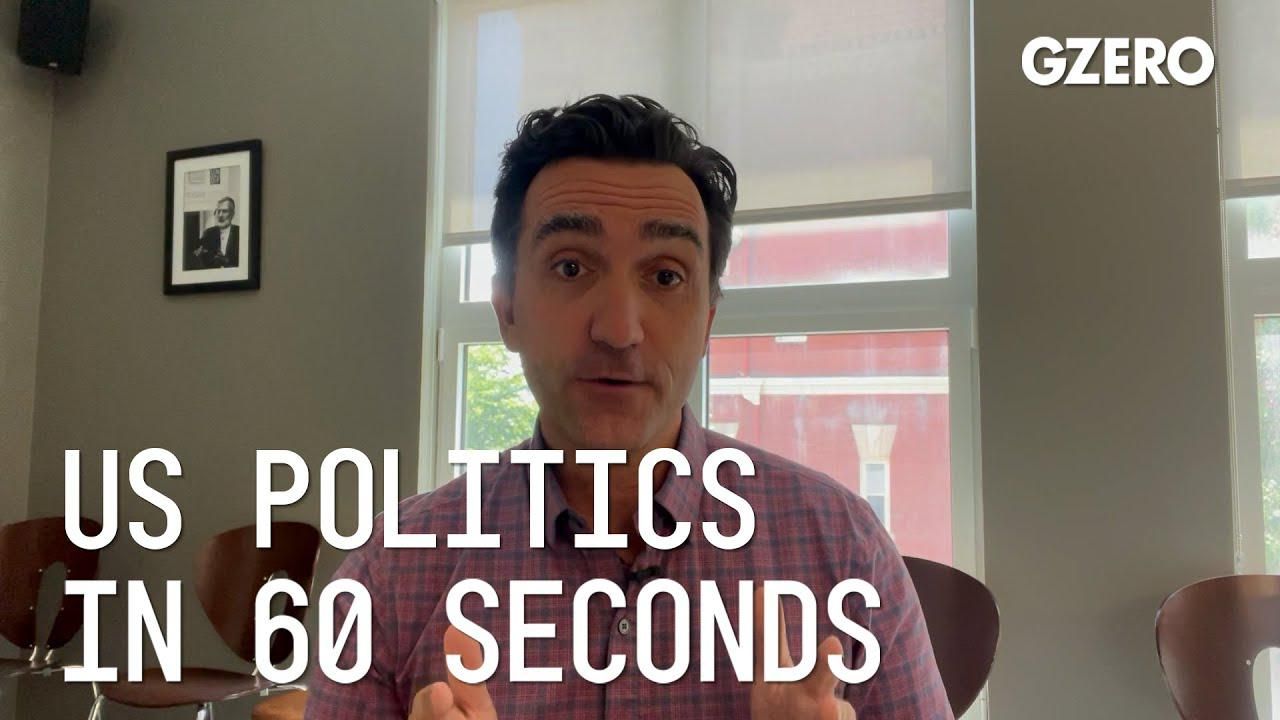
Jon Lieber, head of Eurasia Group's coverage of political and policy developments in Washington, shares his perspective on US politics:
What was the biggest takeaway from the first January 6th hearing?
The House Committee investigating the January 6th riot at the Capitol hosted its first hearing last night. And while a major focus of the committee is making the case for the criminal culpability of former President, Donald Trump, for his role in instigating the riots, much of the facts revealed last night were already well known through leaks from the committee and are unlikely to change any minds for either supporters or detractors of the former president.
The committee also spent significant resources uncovering a connection between two nationalist groups, the Proud Boys and the Oath Keepers, in their role in deliberately stoking violence that day. The committee showed video evidence that group members coordinated in advance to attack the Capitol and disrupt the certification of a completely valid election. And they were egged on by Donald Trump's appearance at the White House that morning. The existence of these nationalist groups and their ability to organize online is going to be an ongoing challenge in the United States, which is starting to see elevated levels of political division and outright political violence.
While political violence was relatively common in the 1960s and 1970s, the trend had subsided for several decades before an uptick in recent years, both in the form of lone-wolf attacks and less successful group plots. The January 6th riot was the most high profile, explosive and important example of this trend, which has included assassination attempts against policymakers and judges, violent protests over police violence across the country in 2020, a mass assassination attempt at a Congressional baseball practice in 2017, a plot to kidnap Michigan Governor Gretchen Whitmer, a violent standoff between federal agents and militia members in Oregon in 2016, the deadly white nationalist rally in Charlottesville in 2017, and just this week, a barely thwarted attempt to kill Supreme Court Justice, Brett Kavanaugh at his home.
Polling shows Americans are increasingly open to the idea of political violence, with one in four saying it is sometimes okay in early 2022. Other studies suggest these results may overstate the actual level of support for political violence. Though, as was the case in the 1960s, it only takes one successful lone-wolf willing to commit epoch-defining political violence, such as the assassinations of the Kennedy brothers and Martin Luther King in the 1960s.
So while one key goal of the committee is to keep the violence of January 6th and the Republican Party's connection to it on top of mind for voters as Democrats face a very challenging political environment in November, equally important will be holding these groups accountable for their role in trying to disrupt the democratic transition of power, and demonstrating to Republicans, who continue to play down the violence of that day, that this is a serious threat to the security of the United States that must be met with condemnation and potentially reforms to make sure it can't happen again.